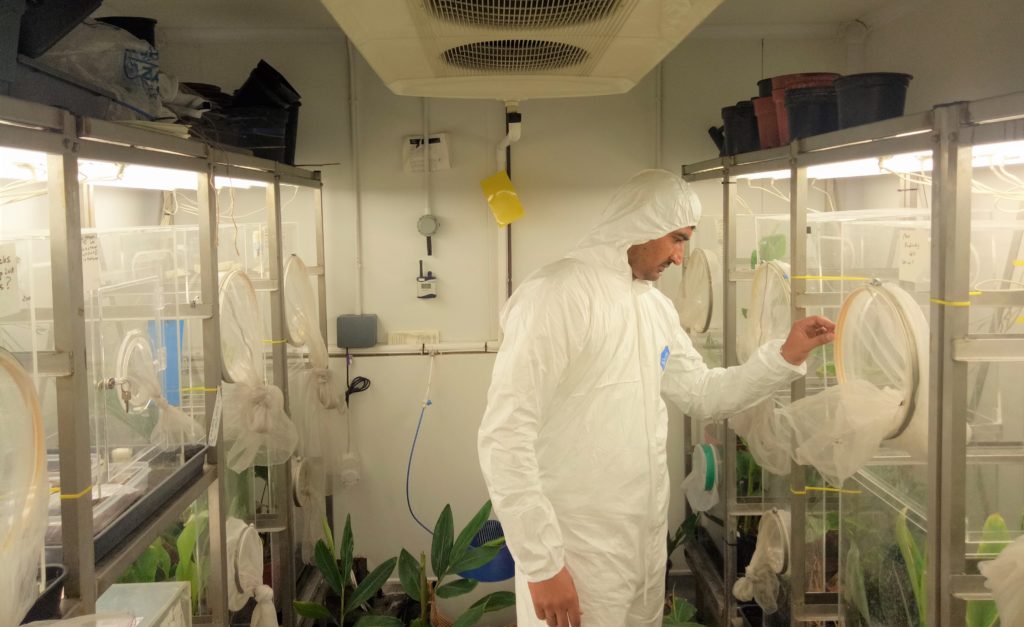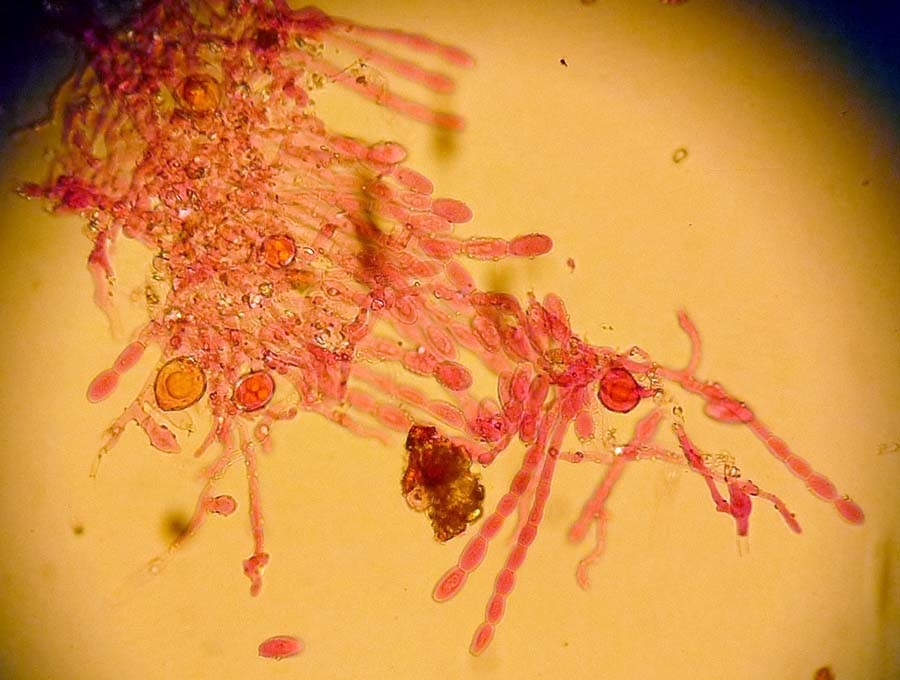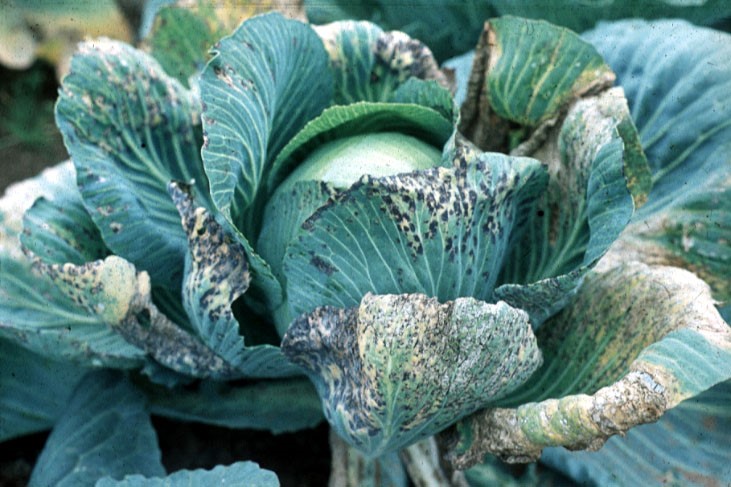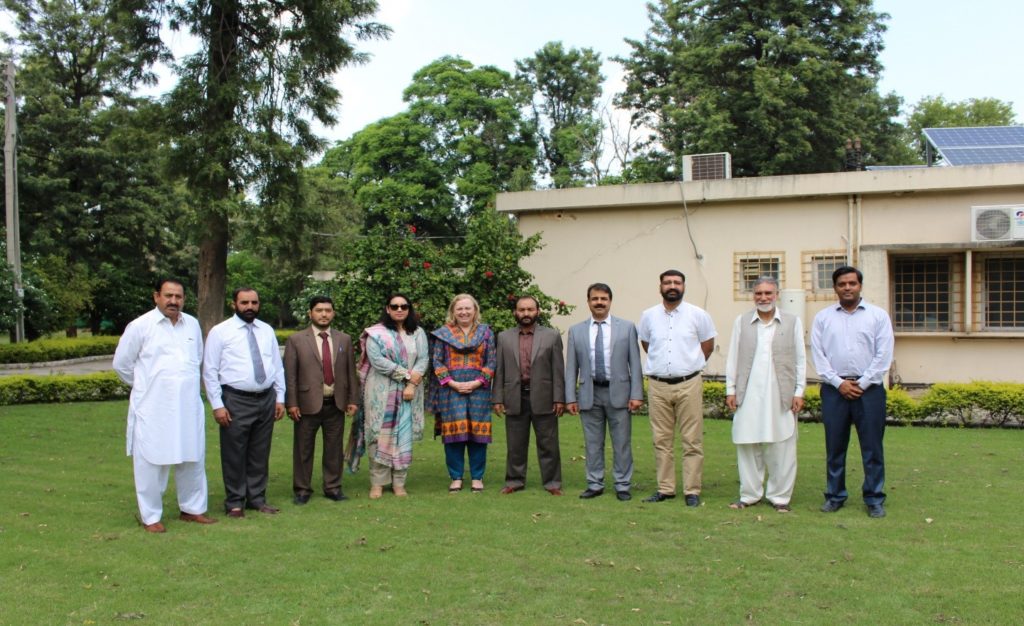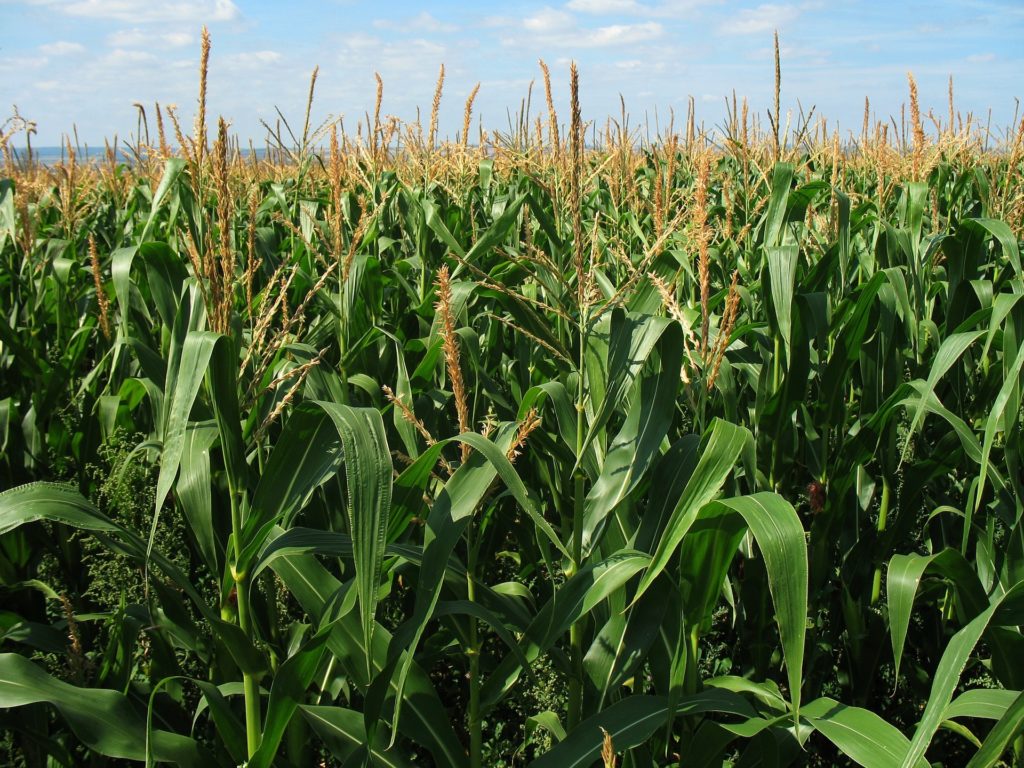International Day of Forests 2020 – ‘ecosystem services’ and forests to be thankful for
In 2012, the United Nations declared that the 21st March would be the International Day of Forests. This day raises the awareness of the importance of forests and their biodiversity, and on this day communities and nations are encouraged to undertake activities and discussions that celebrate and safeguard these habitats. On the International Day of…
CABI’s 2019 books of the year
As the end of the year approaches, here at CABI we’re taking the time to reflect on some of our favourite books of 2019. Covering a wide range of subject areas, titles have made it on to this list for various reasons, from hotly anticipated new editions of popular titles, to innovative research in brand…
From Islamabad to Egham: Sharing quarantine best practice to fight Parthenium weed in Pakistan
Biocontrol Research Officer Dr Kazam Ali from Islamabad has undergone an intensive week-long quarantine management course delivered by CABI colleagues in Egham, UK, as part of a joint focus on fighting the highly invasive and destructive Parthenium weed in Pakistan. Dr Ali, who works at a new quarantine facility built to create greater capacity for…
Food for thought: Fungal biological resources to support international development – challenges and opportunities
At first glance it might be hard to see how the exploitation of microbes, especially fungi, can have the power to help humanity meet the UN’s Sustainable Development Goals (SDGs), feed the world’s growing population and improve the bioeconomies of poorer nations. But a team of international scientists from CABI, the Westerdijk Institute and the…
Improving disease resistance in Kenyan crops
By Dr Charlotte Nellis, (NIAB EMR, UK) It is estimated that globally two billion people suffer from deficiencies in essential vitamins and nutrients, termed ‘hidden hunger’. Sub-Saharan Africa has a number of countries that have high levels of hidden hunger, including Kenya, which is ranked 2nd and 17th worst in Africa and the world, respectively.…
CABI hands over Phytosanitary Risk Management Programme (PRMP) to provincial stakeholders in Pakistan
By Umair Safdar, Communication Development Executive, CABI Central and West Asia (CABI CWA), Rawalpindi CABI in Pakistan implemented a USAID/USDA funded project ‘Phytosanitary Risk Management Programme in Pakistan (PRMP)‘ from 2014 to 2019. CABI’s scientific team upgraded the infrastructure at the relevant provincial agricultural departments and strengthened the capacity of Pakistan’s current agricultural system so…
Safer food in Pakistan through Aflatoxin control
By Dr Sabyan Faris Honey, CABI, and Deborah Hamilton, USDA Aflatoxin, produced by a poisonous fungus, is a serious threat to food security by contaminating many of Pakistan’s agricultural products, including cereal grains, chilies, dry fruits and nuts, and milk. Indeed, the average contamination in wheat and maize in Pakistan, for example, is five and…






